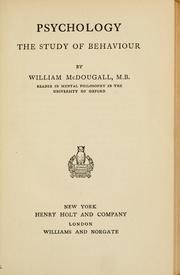
The role of emotional valence in learning novel abstract concepts.
Sign Up to like & getrecommendations! Published in 2020 at "Developmental psychology"
DOI: 10.1037/dev0001091
Abstract: A recent study by Ponari, Norbury, and Vigliocco (2018), showed that emotional valence (i.e. whether a word evokes positive, negative, or no affect) predicts age-of-acquisition ratings and that up to the age of 8-9, children… read more here.
Keywords: age; valence; emotional valence; abstract words ... See more keywords

Acquiring religious words: dialogical and individual construction of a word's meaning
Sign Up to like & getrecommendations! Published in 2022 at "Philosophical Transactions of the Royal Society B: Biological Sciences"
DOI: 10.1098/rstb.2021.0359
Abstract: By the age of eight, there is a significant increase in abstract words in the child's lexicon. A crucial contribution can be seen in the linguistic input, i.e. the way how abstract words are presented… read more here.
Keywords: semantics; abstract words; emotionalization; word ... See more keywords

Abstract Words as Social Tools: Which Necessary Evidence?
Sign Up to like & getrecommendations! Published in 2020 at "Frontiers in Psychology"
DOI: 10.3389/fpsyg.2020.613026
Abstract: Recent theories on abstract concepts and words (ACs), such as Words As social Tools (WAT) (Borghi et al., 2019b) and Language is an Embodied Neuroenhancement and Scaffold (LENS) (Dove, 2019) have underlined the crucial role… read more here.
Keywords: words social; necessary evidence; tools necessary; evidence ... See more keywords

Abstract words processing induces parasympathetic activation: A thermal imaging study
Sign Up to like & getrecommendations! Published in 2022 at "Frontiers in Psychology"
DOI: 10.3389/fpsyg.2022.932118
Abstract: Abstract words (e.g., freedom) compose a significant part of speech. Despite this, learning them is complicated. Abstract concepts collect more heterogeneous exemplars and are more detached from sensory modalities than concrete concepts. Recent views propose… read more here.
Keywords: processing induces; abstract concepts; abstract words; words processing ... See more keywords